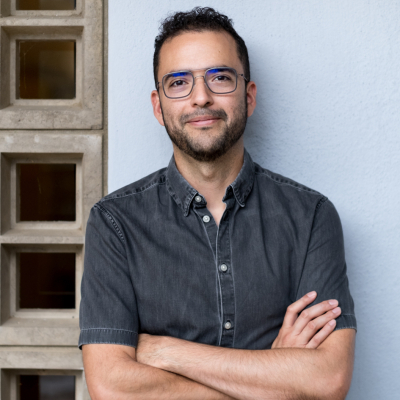
Guillermo Delgado is an architect with a focus on urban development and housing; and lecturer at the Monterrey Institute of Technology (ITESM).
He lived in Namibia for thirteen years, where he was part of the team that led the review of the national housing programs and the national housing policy. There, he was part of work teams, panels and committees of national projects on urbanization and housing. He has taught courses on research methods, urbanization in the African continent, and on housing. He has supervised master's and doctoral students.
Previously he was a senior lecturer at the Namibia University of Science and Technology (NUST), where he headed the Institute for Land, Livelihoods and Housing (ILLH); and before that a researcher at the Labor Resources and Research Institute (LaRRI), where he worked with the labor movement on issues of living conditions and informal economies.
Guillermo obtained his degree in architecture from the Universidad Iberoamericana (UIA), Mexico City Campus; as well as a master's degree from the Berlage Institute (today The Berlage, at the Delft University of Technology), in the Netherlands; and his PhD in architecture and urban planning from the University of Cape Town (UCT) in South Africa.
He has worked on various research, consulting, advisory, and educational projects; focused on urbanization, land tenure, governance, housing, social protection, informal settlements, co-production/self-management, and alternative socio-spatial practices.
He has also been a consultant for international cooperation agencies, non-governmental organizations, for the private sector, as well as for development banks.
He is currently the president of the Sub-Saharan Africa Chapter of RedMX, an initiative of the Ministry of Foreign Affairs to promote synergies between Mexicans living abroad, as well as with the country.